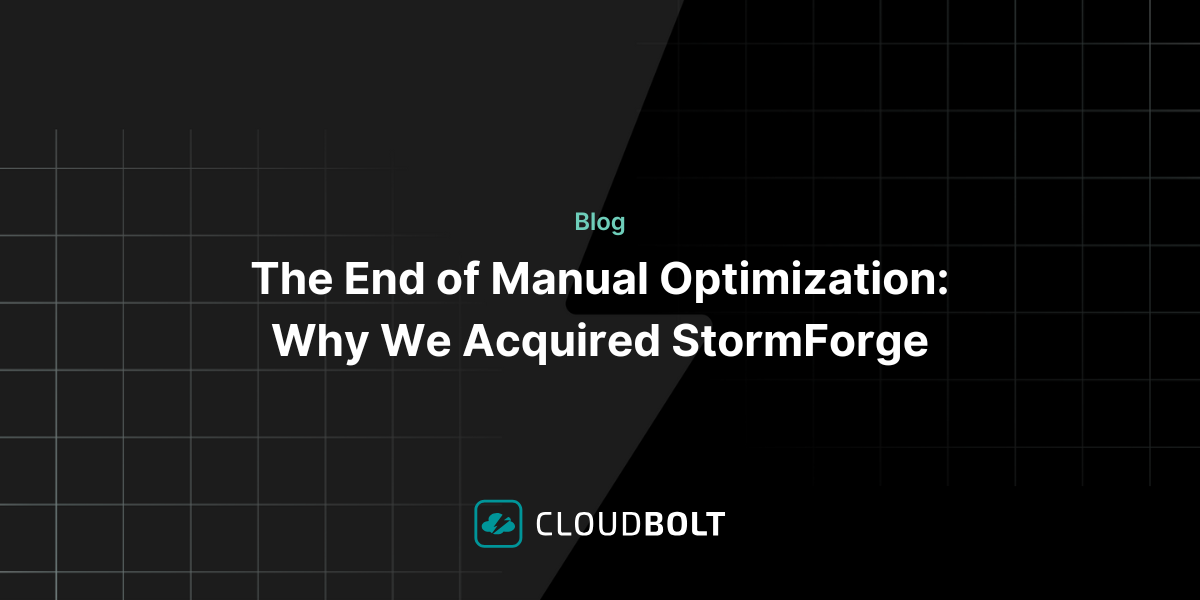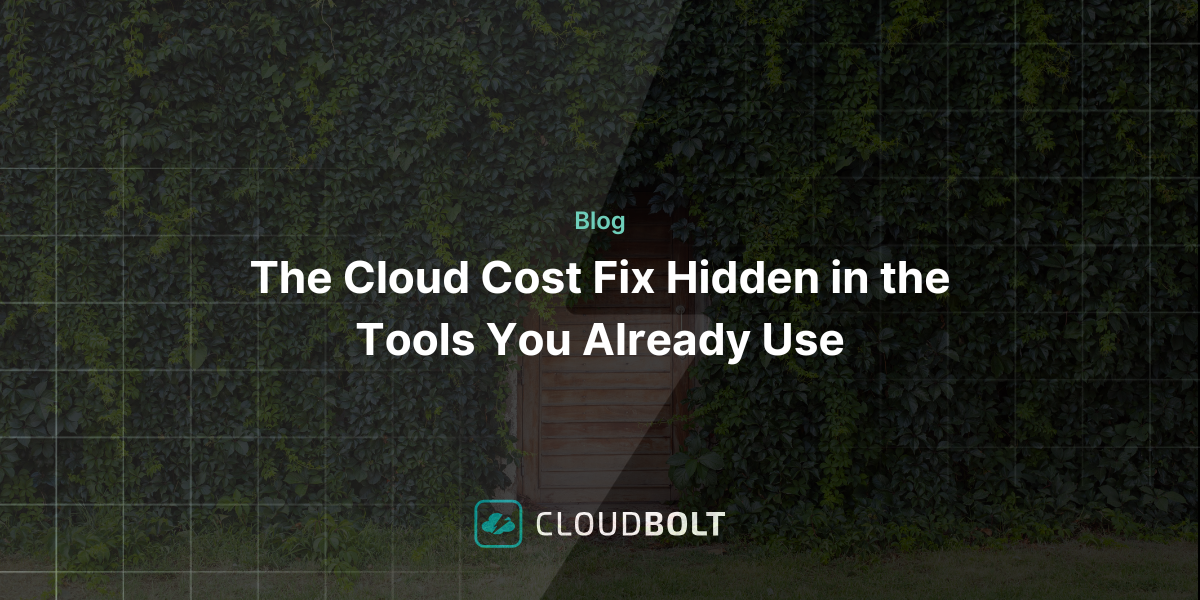Weekly CloudNews: Amazon Goes Hybrid, Pegasystems Adds K8s, Hybrid Drives MSPs
Welcome to this week’s edition of CloudBolt’s Weekly CloudNews!
Earlier this week, we looked at best practices for cloud management suite implementations, and the need for several critical capabilities for cloud management software for the enterprise.
With that, onto this week’s news:
Amazon Joins Hybrid Cloud Market, Announces Outposts Rack Servers
Matt Milano, WebProNews, Dec. 3, 2019
“After years of convincing customers they should rent server space and computing power, Amazon is in the business of selling rack servers. It’s a major shift in strategy for the company, as it bows to market realities and embraces a hybrid approach.
Hybrid cloud options contain a mixture of onsite and cloud servers, giving customers options and flexibility that one alone would not provide. In an effort to stay ahead of Google and Microsoft, Amazon is embracing the idea.
Amazon Web Services (AWS) announced AWS Outposts at the AWS re:Invent 2019 conference.”
Pegasystems adds Kubernetes support to Cloud Choice Guarantee offering
Catherine Knowles, ITBrief, Dec. 4, 2019
“Pegasystems has expanded its Cloud Choice Guarantee with Kubernetes support. Now clients can deploy Pega with Kubernetes on AWS, Microsoft Azure, Google Cloud, Pivotal, and Red Hat while removing technical lock-in, according to the company.
The Pega Cloud Choice Guarantee gives clients the flexibility to run their Pega applications on Pega’s fully-managed Pega Cloud Services or on their Pega-certified cloud infrastructure provider of choice. At the same time, containerisation has changed the way organisations manage their cloud applications, with Kubernetes a key player in this space due to the fact it enables scalability, flexibility, and data security, according to Pega.
With this announcement, Pega now expands its Pega Cloud Choice Guarantee by supporting the following flavors of Kubernetes offered from leading cloud providers: AWS Elastic Kubernetes Service (EKS), Microsoft Azure Kubernetes Service (AKS), Google Kubernetes Engine (GKE), Pivotal Container Service (PKS), and Red Hat OpenShift.”
Shift to the hybrid cloud drives increased reliance on MSPs
Mike Vizard, SmarterMSP, Dec. 3, 2019
“Just about everyone agrees that more application workloads will be moving into the cloud. The only real question now, is to what degree. A survey of 508 IT professionals conducted by Internap (INAP), a provider of managed services, finds that nearly 9 in 10 organizations (88 percent) who have on-premise data centers today will be moving some of their workloads to the cloud, managed hosting, or colocation environment in the next three years. Despite this, survey respondents said they only expect to see a 38 percent reduction, on average, in on-premise workloads by 2022.
This suggests that in the foreseeable future, IT environments will by definition be hybrid. The survey finds most majority of organizations (69 percent) already deploy workloads on more than one platform. Among those who host in the cloud or with managed hosting providers, only 32 percent exclusively use one type of hosted environment.”
Experience the leading hybrid cloud management and orchestration solution. Request a CloudBolt demo today.
Related Blogs

The End of Manual Optimization: Why We Acquired StormForge
Today is a big day for CloudBolt—we’ve officially announced our acquisition of StormForge. This marks a major milestone for us…

